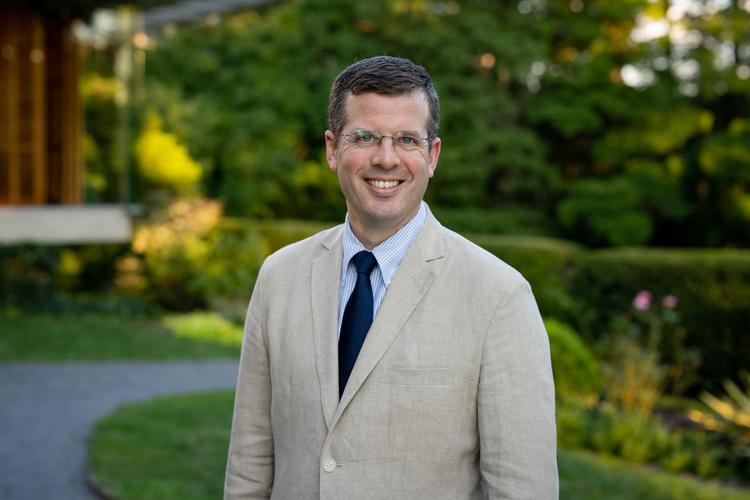Your Cart is Empty
We write this to alert faculty, students, and the administration of the appointment of Ronen Shoval as Research Scholar and Lecturer in Politics, and to invite us to reflect on who we want to appoint to teach our students.
As described by the media, politicians and civil rights groups, and numerous scholars, Shoval is the founder of an ultranationalist Israeli group that has waged campaigns of intimidation and harassment against prominent human rights organizations, academic departments, authors, artists, and scholars across Israel for years. To be clear, the issue here is not about freedom of speech. If someone on campus would like to hear McCarthyites or founders of organizations labeled fascist speak, by all means, invite them to speak. Granting University Lecturer status, however, is a whole other matter.
The shooting at Brown is deeply tragic. But it is not the time for mere thoughts and prayers. It hasn’t been for decades. As another Ivy League university, this moment calls for Princeton to stand in solidarity with the victims of the Brown shooting by pushing for significant reform to fight violence. University President Christopher Eisgruber ’83 is uniquely equipped as the past chair and active board member of the Association of American Universities (AAU) — an organization with a precedent of condemning gun violence — to lobby for gun reform policies on the national and state level.
A discussion about Fizz and the role of social media in our discourse took place at Princeton University on December 3rd, 2025, hosted by the Princeton Open Campus Coalition (POCC) and funded by Princetonians for Free Speech (PFS), While the discussion has been lauded as an example of what can come about through open and civil exchange of ideas, several questions remain worth considering. What is the place of anonymous speech in our society? Should someone take responsibility for the things they say? Or has our public discourse been hollowed out by social media to the point where online commentary should be considered performative?
Tal Fortgang ‘17
When Princeton President Christopher Eisgruber spoke at Harvard on November 5, 2025, he expressed what to his detractors may have sounded like an epiphany. “There’s a genuine civic crisis in America,” he said, noting how polarization and social-media amplification have made civil discourse uniquely difficult. Amid that crisis, he concluded, colleges must retain “clear time, place, and manner rules” for protest, and when protesters violate those rules, the university must refuse to negotiate. As he warned: “If you cede ground to those who break the rules … you encourage more rule-breaking, and you betray the students and scholars who depend on this university to function.”


